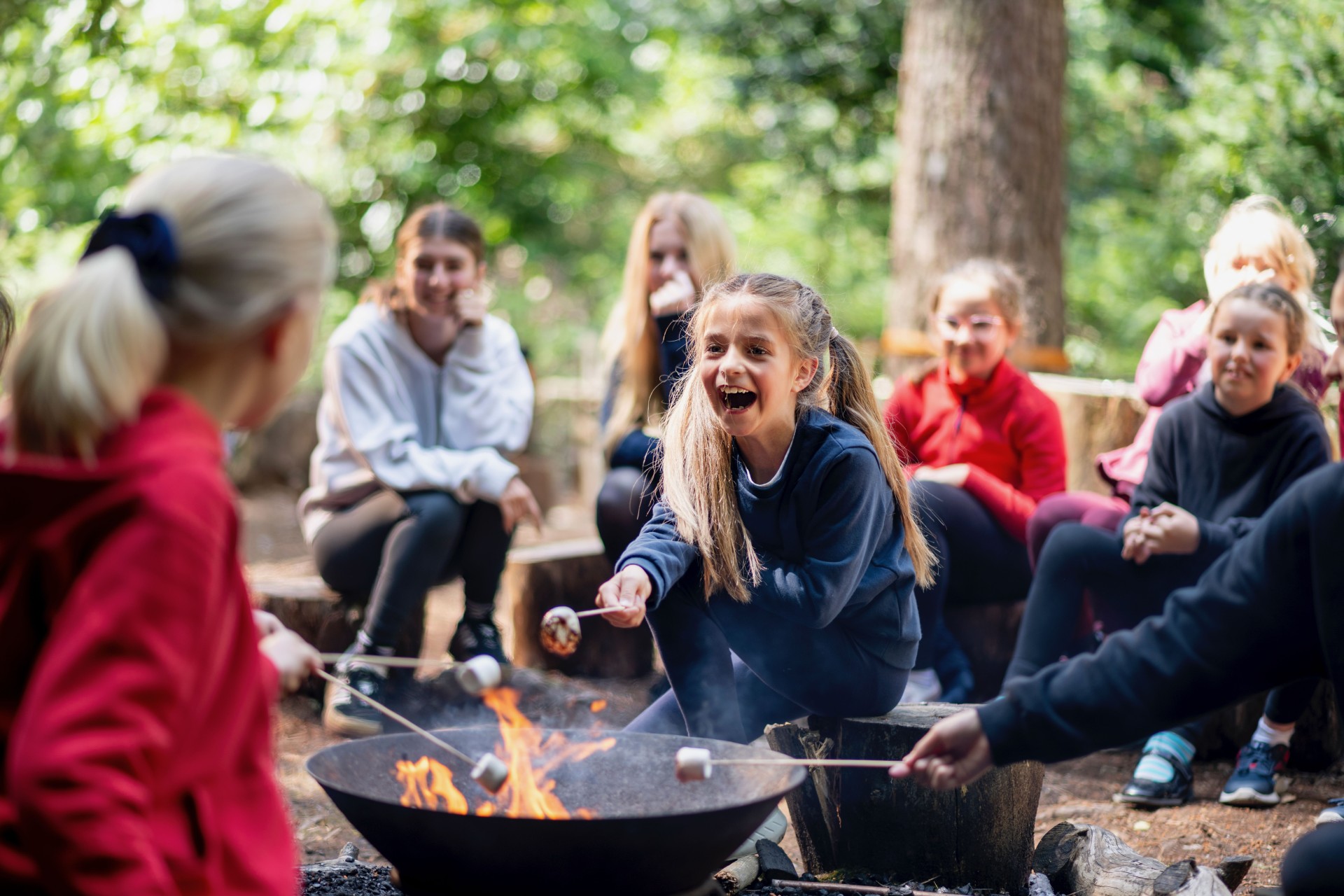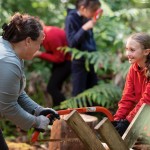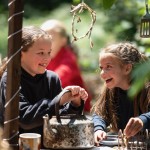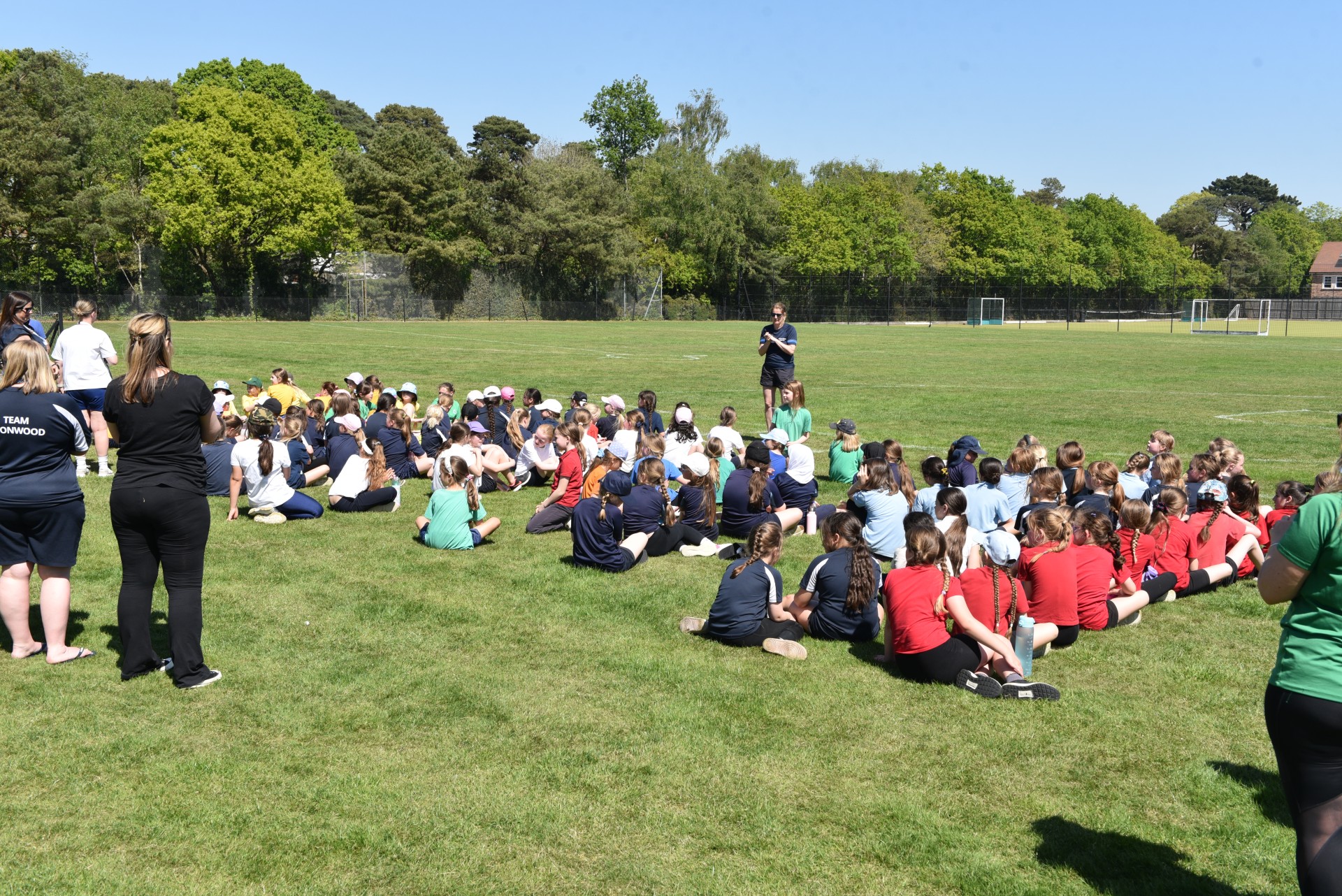Being outdoors and connecting with nature during a child’s formative years ingrains memories and a love that can last a lifetime.
Outdoor learning, particularly through programmes like Forest School, plays a pivotal role in shaping children’s development during their formative years. By immersing children in nature, these educational approaches not only foster academic learning but also cultivate essential life skills, including independence, resilience, and a deeper connection to the natural world.
Independence is nurtured in outdoor settings where children are encouraged to explore, make decisions, and take ownership of their learning experiences. Forest School, for instance, allows children to take on challenges that promote self-reliance, such as building shelters, lighting fires, or navigating natural obstacles. These activities require problem-solving and critical thinking, empowering children to trust their instincts and abilities. Unlike traditional classroom environments, where learning is often structured and teacher-led, Forest School offers more autonomy, enabling children to develop a sense of ownership in their own education.
Resilience is another key benefit of Forest School. Nature’s unpredictability—whether it’s changing weather conditions, physical challenges, or unexpected discoveries—teaches children how to persevere through setbacks. At Forest School, children regularly face physical and emotional challenges, from getting muddy to overcoming fears, all of which help them develop coping mechanisms and grit. The natural environment becomes a safe space to experiment, fail, and try again, building confidence and emotional strength.
Finally, being outdoors fosters a connection to nature that can last a lifetime. Through direct interaction with the environment, children learn to respect and care for the world around them. Whether they are identifying plants, tracking wildlife, or understanding ecosystems, these experiences promote environmental stewardship and a sense of belonging to the earth. This connection can lead to more sustainable behaviours as children grow, as they carry forward the lessons learned in nature.
In conclusion, outdoor learning programmes like Forest School provide a holistic approach to child development. By promoting independence, resilience, and a deep connection to nature, they equip children with the tools they need to thrive both academically and personally.





